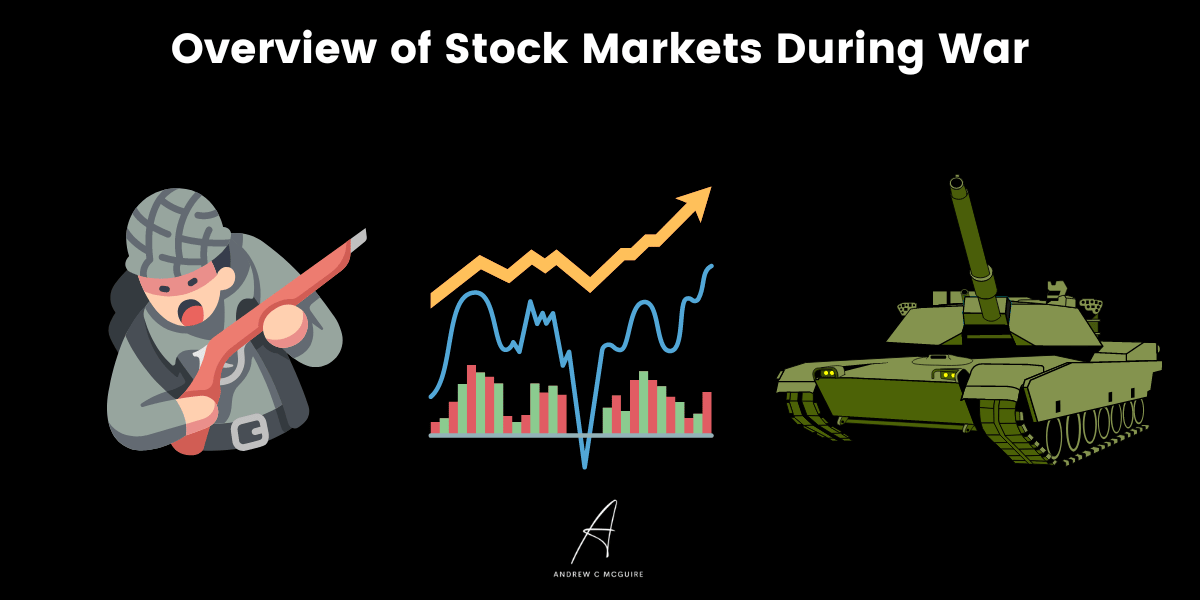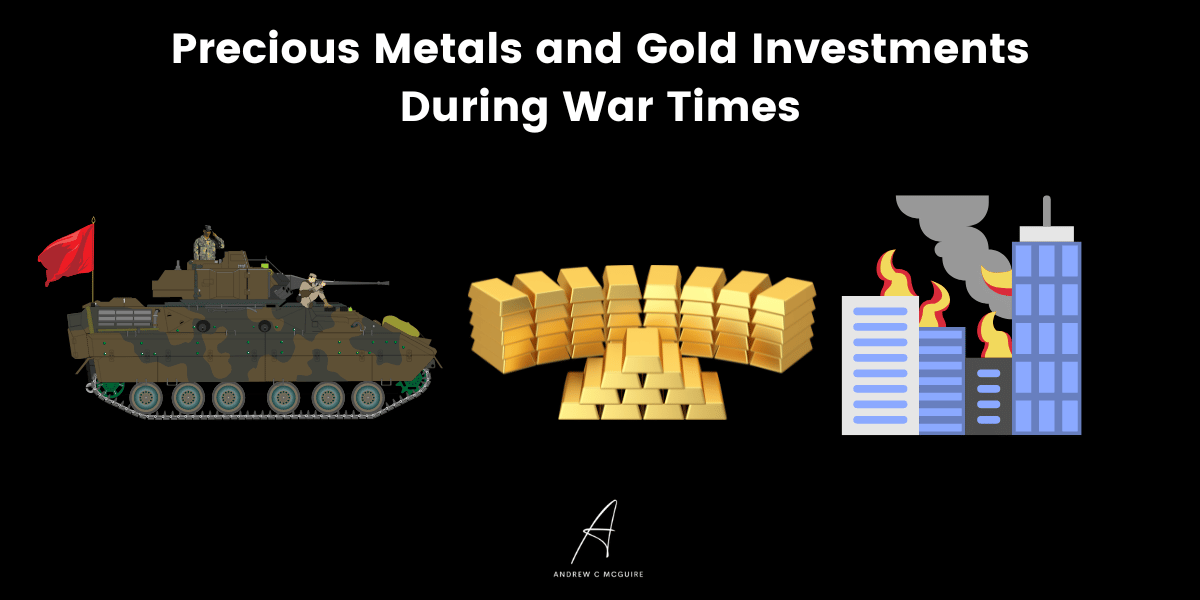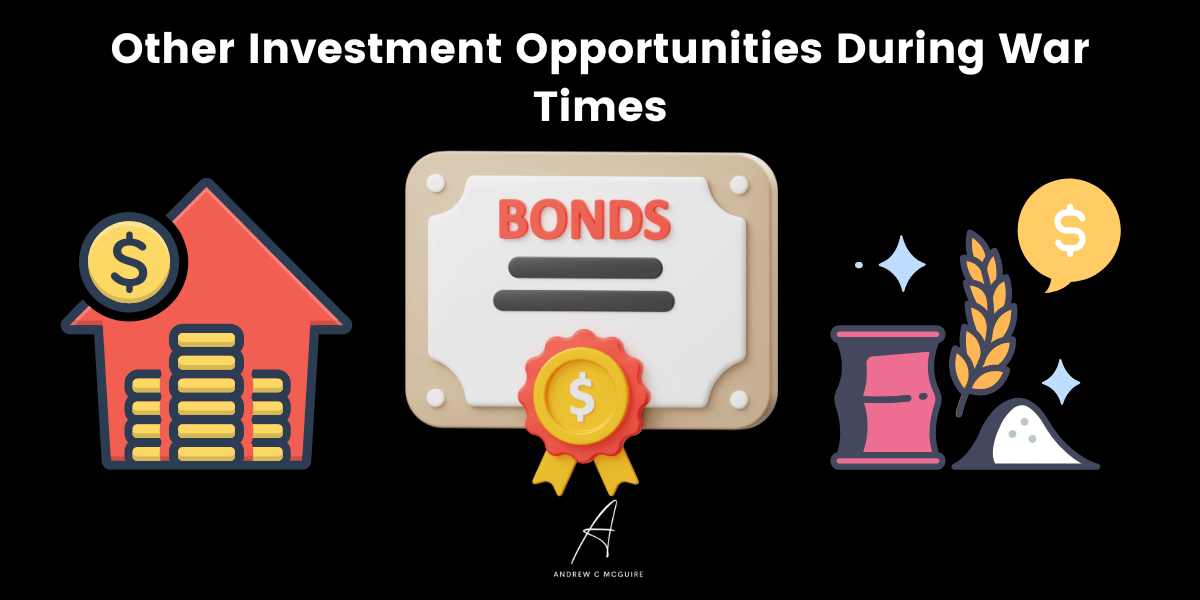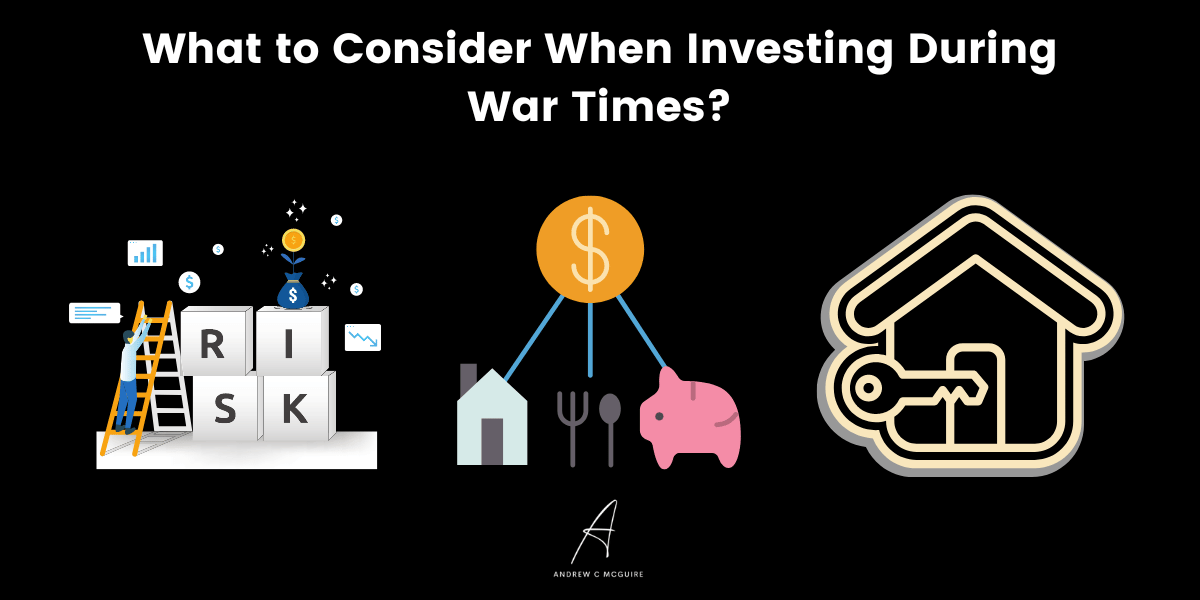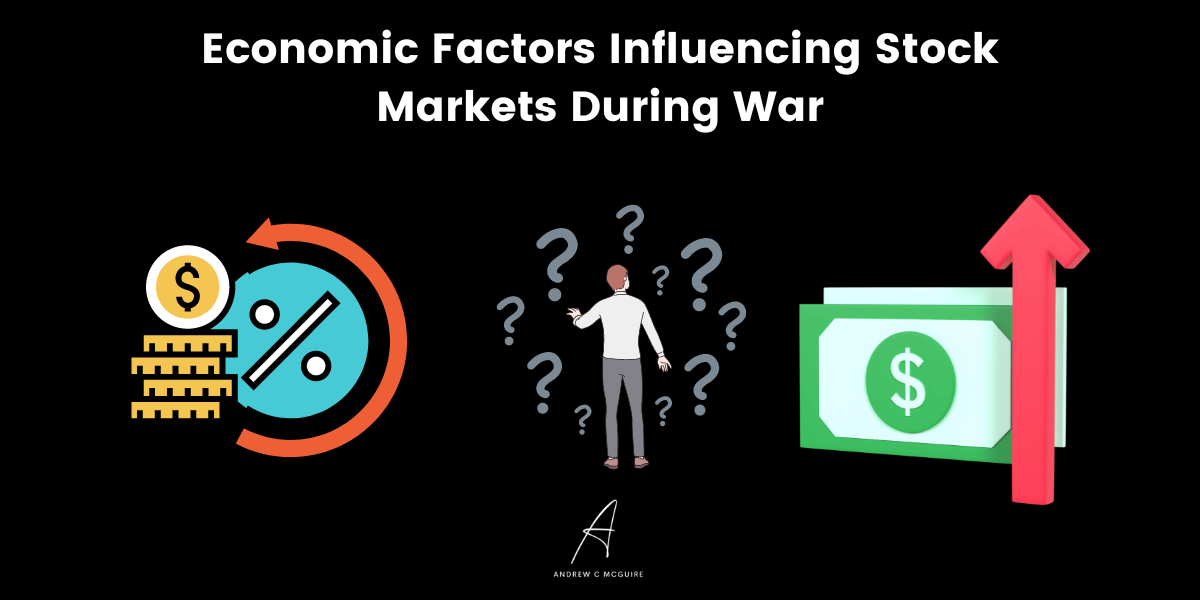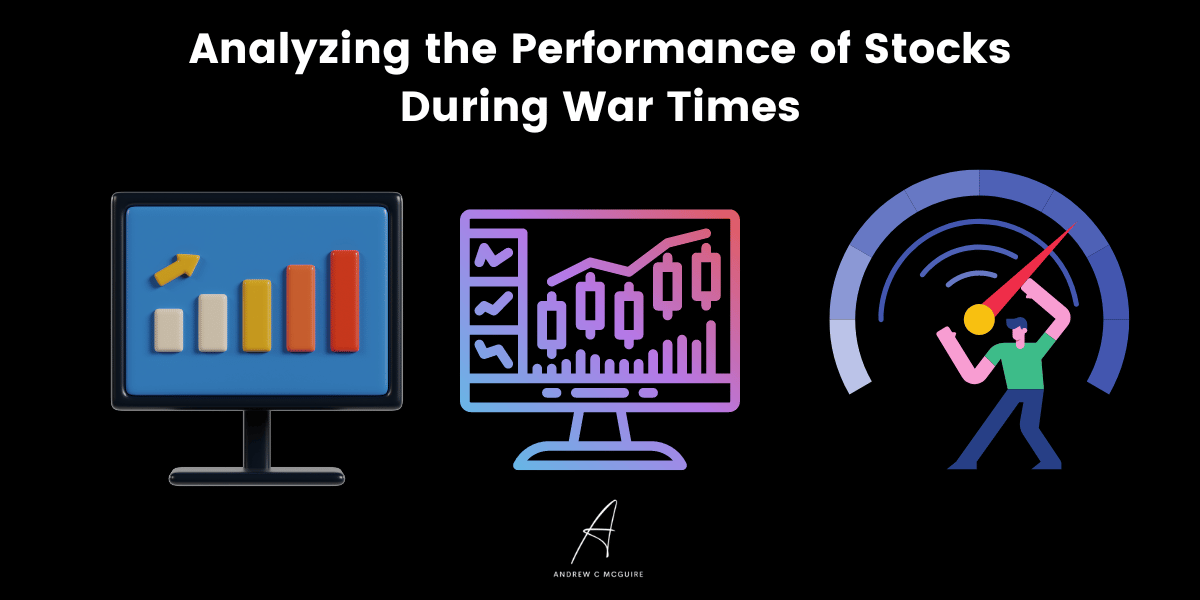The stock markets can be volatile during times of war, and investors need to take steps to protect their wealth. Precious metals and gold investments are a great way to preserve capital during turbulent economic periods. We urge all investors to research the best strategies for protecting their investments against market downturns or geopolitical events that may impact the stock markets negatively. Investing in safe havens such as precious metals is an effective way of safeguarding your financial future – so don’t wait any longer! Take action now by researching ways you can invest safely and securely in these uncertain times. One of the ways to secure your investment is by finding a tested and trusted company to invest with. And when it comes to gold and other precious metals investment, Augusta Precious Metals is my #1 recommendation of all top precious metal companies out there.
- Money magazine’s “Best Overall” Gold IRA Company in 2022
- Quarterback Joe Montana and his financial team chose Augusta
- Zero fees for up to 10 years — every customer qualifies
- Investopedia’s “Most Transparent” Gold IRA Company in 2022
- Free guides on how to avoid gimmicks & high-pressure tactics used by gold IRA companies
We earn a commission if you make a purchase, at no additional cost to you.
War has a major impact on stock markets, and it’s essential to understand how they can be affected by these events. Stock markets during war are especially volatile as investors try to navigate through the uncertainties of the situation. As such, knowing what strategies and investments are available is key in order to protecting wealth from inflation or recessionary periods that may arise due to armed conflict. In this blog post, we will explore investment opportunities during war times, analyze economic factors influencing stock markets during war, discuss precious metals and gold investments for protection against currency devaluation risks, as well as other investment options that should be considered when investing in wartime scenarios. But before we dive into the core of the article, check out what the all-time famous quarterback Joe Montana says about Augusta Precious Metals and why his financial team chose to invest with the precious metals company.
[presto_player id=4770]
Overview of Stock Markets During War
The stock market is a volatile place at the best of times. But when war breaks out, it can be even more unpredictable. War has historically had an effect on global markets and investors must take extra precautions when investing in such uncertain conditions.
The stock market has been impacted by wars throughout history. During World War I, for example, stocks fell dramatically as companies struggled to keep up with production demands due to the conflict. In the second World War, stocks dropped again as investors feared that the war would have a negative impact on their investments.
Investing during wartime can be risky because of increased volatility in the markets and uncertainty about how long the conflict will last or what its outcome may be. Companies may also struggle financially if they are unable to produce goods or services due to disruption caused by war-related events such as rationing or embargoes. This could lead to decreased profits and lower share prices for those companies’ stocks which could result in losses for investors who hold them.
The stock market is often affected by news related to wars; both positive and negative developments can cause sudden swings in prices, making it difficult for investors to know when is a good time to buy or sell shares. It is critical for investors to stay informed about current events so they can better anticipate changes in the markets before making any investment decisions.
The stock market can be a very volatile place during times of war, just like it happened in the 1991 Gulf War, the 1916 US war declaration against Germany, when Hitler invaded Poland, or when Russia invaded Ukraine. But with the right strategies and tactics, investors can protect their wealth and still benefit from the opportunities that come along. In this blog, we will focus on the various investment strategies for war times.
Investment Strategies for War Times
During times of war, stock markets can become highly volatile and unpredictable. It is important for investors to understand the historical context of war and its impact on the market in order to make informed decisions about their investments. Diversification of assets, risk management strategies, and short-term investing tactics are all viable investment strategies during wartime that can help protect wealth from inflation and recession.
1
Diversification of Assets
One way to protect your wealth during a time of war is by diversifying your investment portfolio across different asset classes such as stocks, bonds, real estate, commodities, etc. This helps spread out the risk associated with any one particular asset class so that if one type performs poorly due to market volatility or other factors related to the conflict, then you will still have some portion of your portfolio performing well. Additionally, it also allows you to take advantage of opportunities presented by certain sectors when they arise due to changes in geopolitical conditions or other events related to the conflict.
2
Risk Management
Risk management strategies should be employed when investing during a time of war in order to minimize losses while maximizing returns on investments made over this period. Investors should consider hedging their portfolios against potential risks posed by currency fluctuations or political unrest, which could affect their investments negatively over this period. Additionally, investors should also monitor news closely regarding developments within the conflict zone as these could significantly influence how their investments perform over this period, as well as potentially create new opportunities for them depending on how they react quickly enough upon hearing news regarding these developments.
3
Short-Term Investment
Short-term investing tactics such as day trading may be beneficial during times of war since there are often large swings in prices due to increased uncertainty caused by certain events in any geopolitical environment around the world at any given moment. This creates numerous buying and selling opportunities for savvy traders who know how best to capitalize off these situations without exposing themselves to too much risk at once through proper position sizing techniques used throughout each trade taken over this period.
4
Investing in Precious Metals
Another option for protecting wealth from inflation or recession is investing in precious metals like gold or silver, which tend to hold their value better than other assets during times of economic turmoil due to their limited supply and high demand worldwide. However, it is vital to note that these investments are not without risks either; thus, investors should do their research before committing funds to this asset class. Furthermore, there may be tax implications associated with these types of investments, so it is best to consult a financial advisor before making a move here as well.
When investing during war times, it is important to consider the risks and rewards of different strategies. Precious metals and gold investments may be an attractive option for those looking to protect their wealth from inflation and a recession.
Key Takeaway:
Investors should protect their wealth during wartime by diversifying assets, managing risk, using short-term investing tactics such as day trading, and investing in precious metals.
Precious Metals and Gold Investments During War Times
Investing in precious metals and gold during war times can be a great way to protect your wealth from inflation and recession. Precious metals, like gold, are often seen as safe-haven investment ideas that tend to increase in value when other markets decline.
Advantages of Investing in Precious Metals and Gold
One of the major advantages of investing in precious metals is their ability to retain their value over time. This makes them an ideal hedge against inflation or economic downturns because they don’t lose their purchasing power as paper money does. Additionally, these assets are also highly liquid, meaning you can easily convert them into cash if needed. Finally, there are no taxes associated with trading these commodities, which makes it attractive for investors looking for tax savings strategies.
Disadvantages of Investing in Precious Metals and Gold
The biggest disadvantage is the high cost associated with buying physical gold or silver coins or bars due to storage costs, insurance fees, etc., although some people prefer this option as it gives them more control over their investment portfolio. Another downside is that prices may fluctuate significantly depending on market conditions so investors need to be aware of potential risks before investing large amounts of capital into these asset classes.
When it comes to taxation implications related to investing in precious metals or gold during war times, there are two main considerations: capital gains tax (CGT) and income tax (IT). CGT applies when you sell your asset at a profit, whereas IT applies when you receive income from selling the asset, such as interest payments on bonds linked with gold prices. Generally speaking, CGT rates vary by country, but IT rates remain constant across most countries; thus making it important for investors to understand both types before engaging in any type of transaction involving precious metal investments during war times.
Investing in precious metals and gold during war times can provide a safe haven for wealth protection. However, other investment opportunities such as real estate, bonds, and commodities should also be considered when evaluating strategies to protect one’s wealth during turbulent economic times.
Key Takeaway:
Investing in precious metals and gold during war times can be a great way to protect wealth from inflation and recession, but investors must consider the associated costs, risks, and taxation implications before investing.
Other Investment Opportunities During War Times
1
Real Estate Investments
Real estate investments during war times can be a great way to protect wealth from inflation and recession. Investing in real estate allows investors to benefit from the appreciation of property values, as well as potential rental income. However, it is important for investors to consider the risks involved with investing in real estate during war times, such as political uncertainty, currency exchange rates, and trade wars. It is also important to research local markets thoroughly before making any investment decisions.
2
Bond Investments
Bond investments are another option for protecting wealth during war times. Bonds provide steady returns over time and can help diversify an investor’s portfolio by providing a source of fixed income that is not affected by stock market volatility or economic downturns. Investors should consider factors such as the creditworthiness of issuers, maturity dates, and interest rate risk when selecting bonds for their portfolios.
3
Commodity Investments
Commodity investments are yet another option for protecting wealth during war times due to their low correlation with stocks and other asset classes, which makes them less vulnerable to market fluctuations caused by geopolitical events or economic recessions. Commodities such as gold, silver, oil, and agricultural products have historically been used as hedges against inflationary pressures or periods of financial instability because they can maintain value even when traditional assets decline in value significantly. However, it is important that investors understand the risks associated with commodity trading before investing in these types of assets since commodity prices tend to be more volatile than other asset classes, such as stocks or bonds.
Overall, there are a variety of investment opportunities available during war times; however, it is important to carefully assess the risks associated with each and seek professional advice before making any decisions. In the next section, we will check out what to consider when investing during war times.
Key Takeaway:
Investors should consider real estate, bonds, and commodities such as gold to protect wealth during war times due to their low correlation with stocks and other asset classes.
What to Consider When Investing During War Times?
When investing during war times, it is important to assess your risk tolerance level and research the market thoroughly. Knowing how much risk you are willing and ready to take on will help you make informed decisions when selecting investments. It is also essential to understand the economic factors that can influence stock markets during war, such as interest rates, inflation rates, political uncertainty, and currency exchange rates. Additionally, seeking professional advice from a financial advisor or investment expert can be beneficial in helping you determine which investments may be best suited for your individual needs and goals.
Understandably, many investors may feel uneasy about investing during war times due to increased volatility in the markets. To mitigate this risk, diversifying assets across different asset classes can help reduce overall portfolio volatility while still allowing for potential returns on investments. Risk management strategies such as hedging with precious metals and gold investments should also be considered since these types of investments have historically been seen as safe havens in turbulent economic climates.
Real estate investments could also provide an opportunity for investors looking for long-term growth opportunities despite market instability caused by wartime events. Bond investments may offer more stability than stocks, but they come with their own set of risks depending on the type of bond being purchased, so it’s important to do thorough research before making any decisions here too. Lastly, commodity investing provides another avenue of potential returns. However, there are certain tax implications associated with these types of transactions that must be taken into consideration prior to entering into any agreements related to it.
Ultimately, when considering what type of investment strategy is right for you during war times, it is important to assess your personal risk tolerance level first and foremost. Then, research all available options thoroughly before making any final decisions regarding where best to allocate funds within your portfolio going forward.
When investing during war times, it is important to consider your risk tolerance level, research the market thoroughly and seek professional advice. The next heading will discuss an overview of stock markets during war.
Key Takeaway:
When investing during war times, it is important to assess your risk tolerance level and research the market thoroughly. Additionally, diversifying assets across different asset classes and considering hedging with precious metals can help reduce overall portfolio volatility while still allowing for potential returns on investments.
Economic Factors Influencing Stock Markets During War
1
Interest Rates and Inflation Rates
Interest rates and inflation can have an obvious impact on stock markets during war. When interest rates are down, investors tend to move their funds out of stocks and into bonds or other investments that offer higher returns. This can cause stock prices to decline as demand decreases, i.e., the stock market becomes a bear market. Similarly, when inflation is high, the value of money decreases which makes it more expensive for companies to borrow funds for operations or expansion plans. This could decrease profits and decrease stock prices.
2
Political Uncertainty and Geopolitical Risks
Political uncertainty in countries at war can also affect the performance of their respective stock markets. Investors may be reluctant to invest in a country’s economy if there is political instability or risk of violence due to geopolitical crises between nations involved in a conflict. For example, during the Iraq War (2003-2011), many investors were reluctant to invest in Iraqi stocks due to fears about potential terrorist attacks or civil unrest within the country.
Key Takeaway:
War can have a significant impact on stock markets due to decreased demand for stocks, higher inflation rates, political uncertainty, and geopolitical risks.
Analyzing the Performance of Stocks During War Times
When analyzing the performance of stocks during war times, it is important to consider both economic fundamentals and technical analysis. Fundamental analysis involves looking at the underlying factors that can affect a company’s stock price, such as its financial health, competitive landscape, and industry trends. Private sector companies directly affected by war conditions may be more volatile than those not exposed to these risks; for example, companies in the defense sector could see an increase in demand for their products or services due to increased military defense spending, while companies in other industries may suffer from decreased consumer confidence or reduced access to resources due to supply chain disruptions caused by conflict. Technical analysis looks at past market performance over time using charts and indicators such as moving averages, Dow Jones industrial average, and trend lines to identify patterns that can help investors predict future price movements. By studying how news events have impacted stock prices historically during wartime, investors can better prepare themselves for potential changes in the markets when similar events occur again.
Conclusion
In conclusion, stock markets during war can be a risky endeavor. It is important to understand the economic factors influencing stock markets during war and analyze the performance of stocks before investing. While there are some investment opportunities available in war times, it is essential to consider all aspects of an investment before committing your funds. Investing in precious metals and gold may provide protection from inflation and recession, while other investments, such as bonds or commodities, may offer more stability in volatile times. Ultimately, understanding the risks associated with investing during war times will help you make informed decisions about where to invest your money for maximum returns.
FAQs
Andrew’s Gold IRA Pick
Augusta Precious Metals is the most trusted gold IRA company

